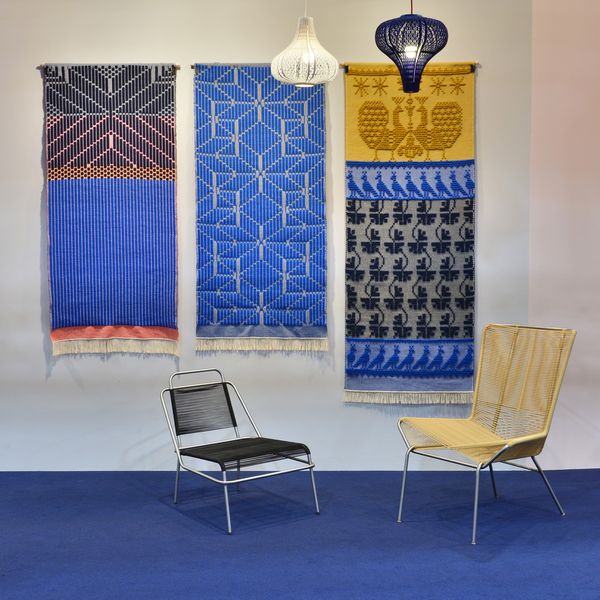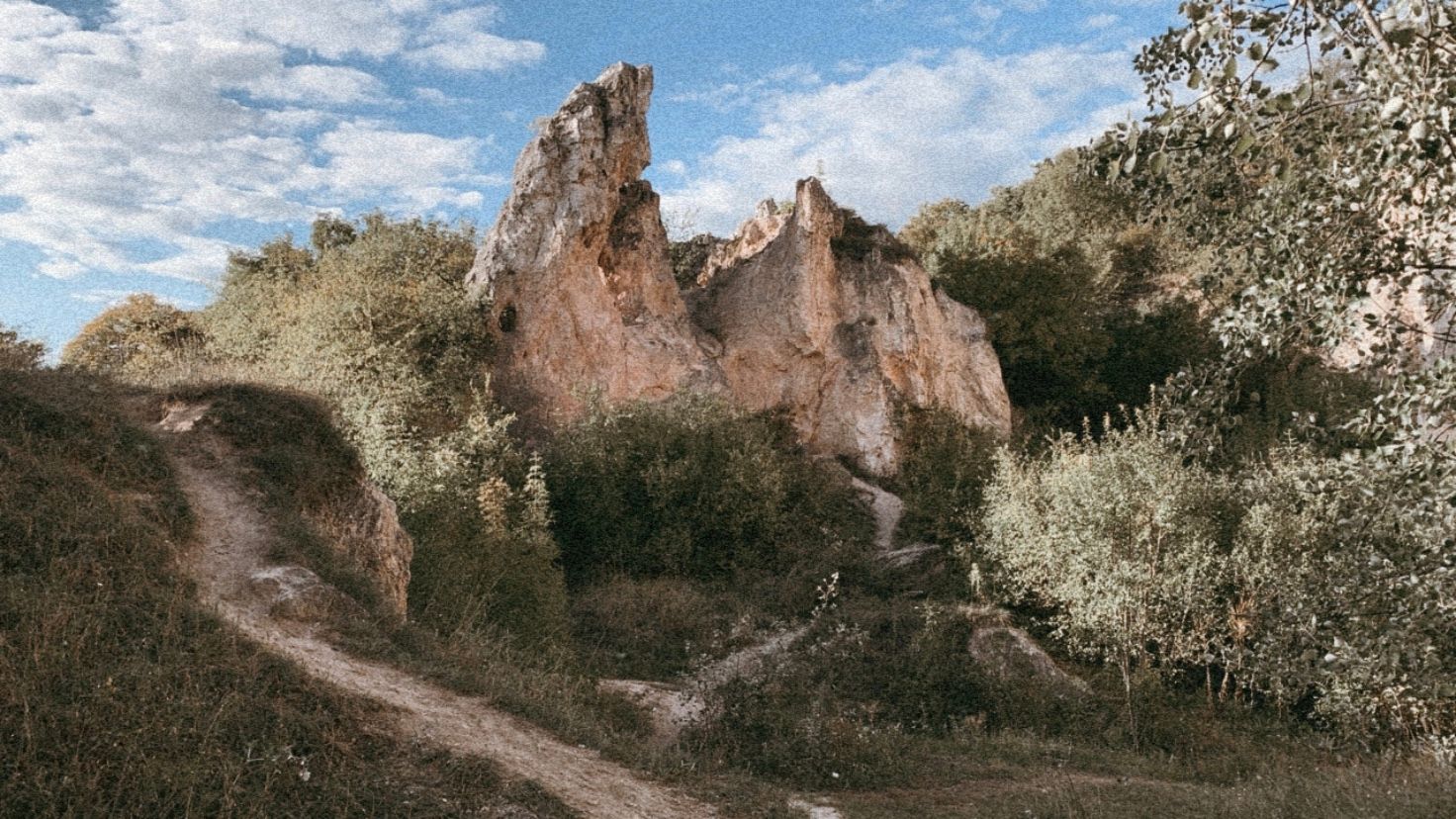Lovely forest paths, a special castle ruin, impressive rock towers – the popular hiking destination located at the border of Pilisborosjenő has everything that makes a hike truly enjoyable, even for kids. All you need is a bottle of water, a box full of sliced apples, some cookies and a tasty sandwich packed in your backpack and you’re good to go! After our Indulj el! series presenting seven Hungarian regions, meet Trip Vibes conveying a quite similar message. In the episodes released on every second Friday, we’ll recommend prominent Hungarian hiking spots because the fall are for hikes!
On top, we’ll also invite a creative expert connected to the given spot in one way or another to share their thoughts about the places presented in the “Trip Vibes” series, allowing our readers to explore the selected spots through their perspectives, too. In relation to Pilisborosjenő, we asked Petra Hoffmann, the founder of Stilblog and Stilshop, and the author of the Makers of Budapest publication.
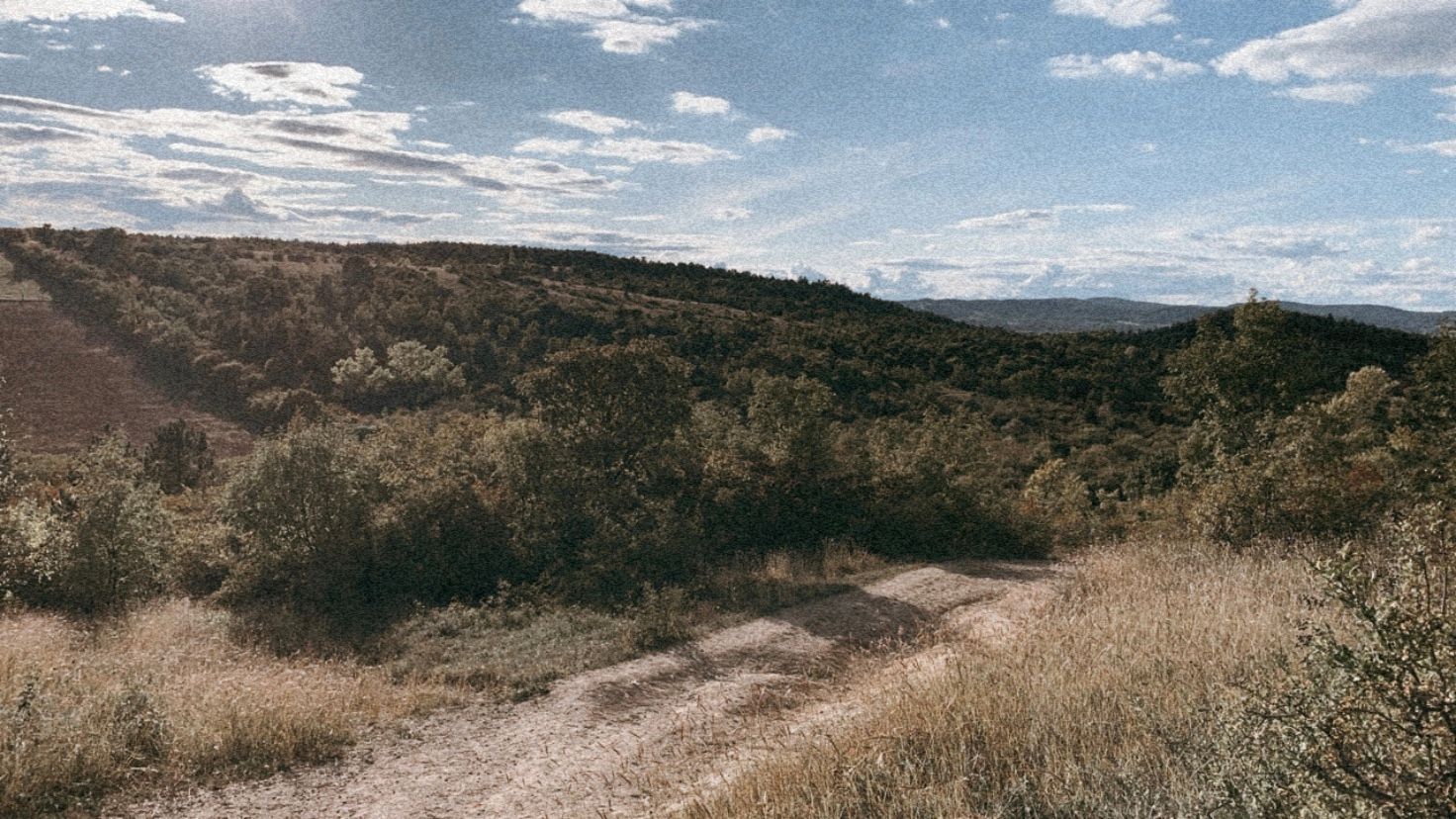
Did you know that Pilisborosjenő also has a little bit of Eger in it? The village of 4000 residents located to the north from Budapest, at the southeastern foot of the Pilis Mountain and its area is a frequented spot of hikers and nature-lovers, and is also important in terms of film history. The trail starting from the Házi-réti fishing pond located just outside of the village leads hikers to the set of the Hungarian-Bulgarian historical film titled Egri csillagok (English title: The Lost Talisman), directed by Zoltán Várkonyi in 1968 based on Géza Gárdonyi’s novel of the same title. This is where the scenes presenting the siege of the castle were shot, where five thousand soldiers were deployed to act as extras. Over the many years that have passed since then, nature has gradually taken over the area –the ruins reached their current state in 2008, with the renovation taking place on account of the 40th anniversary of the shooting.
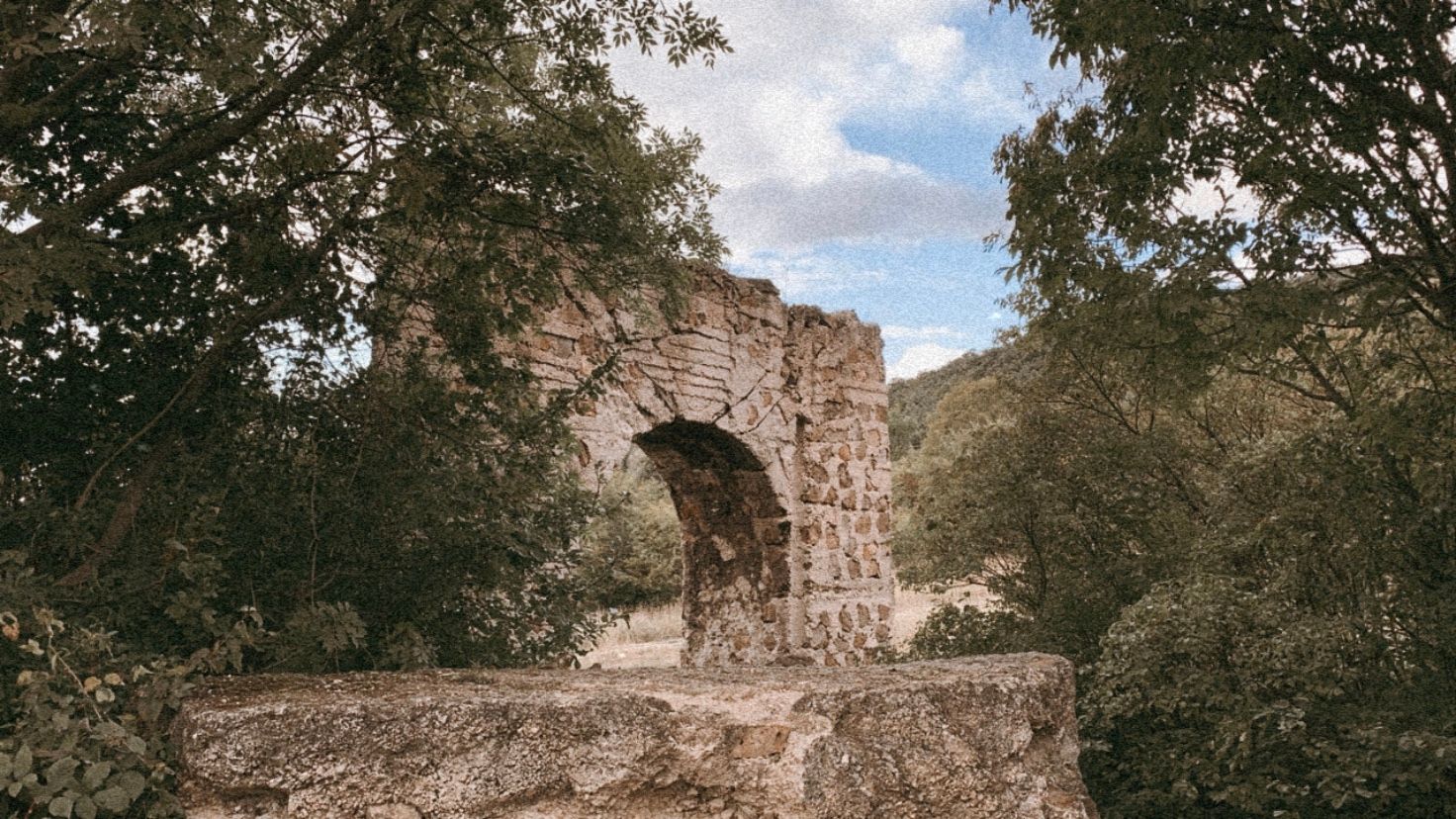
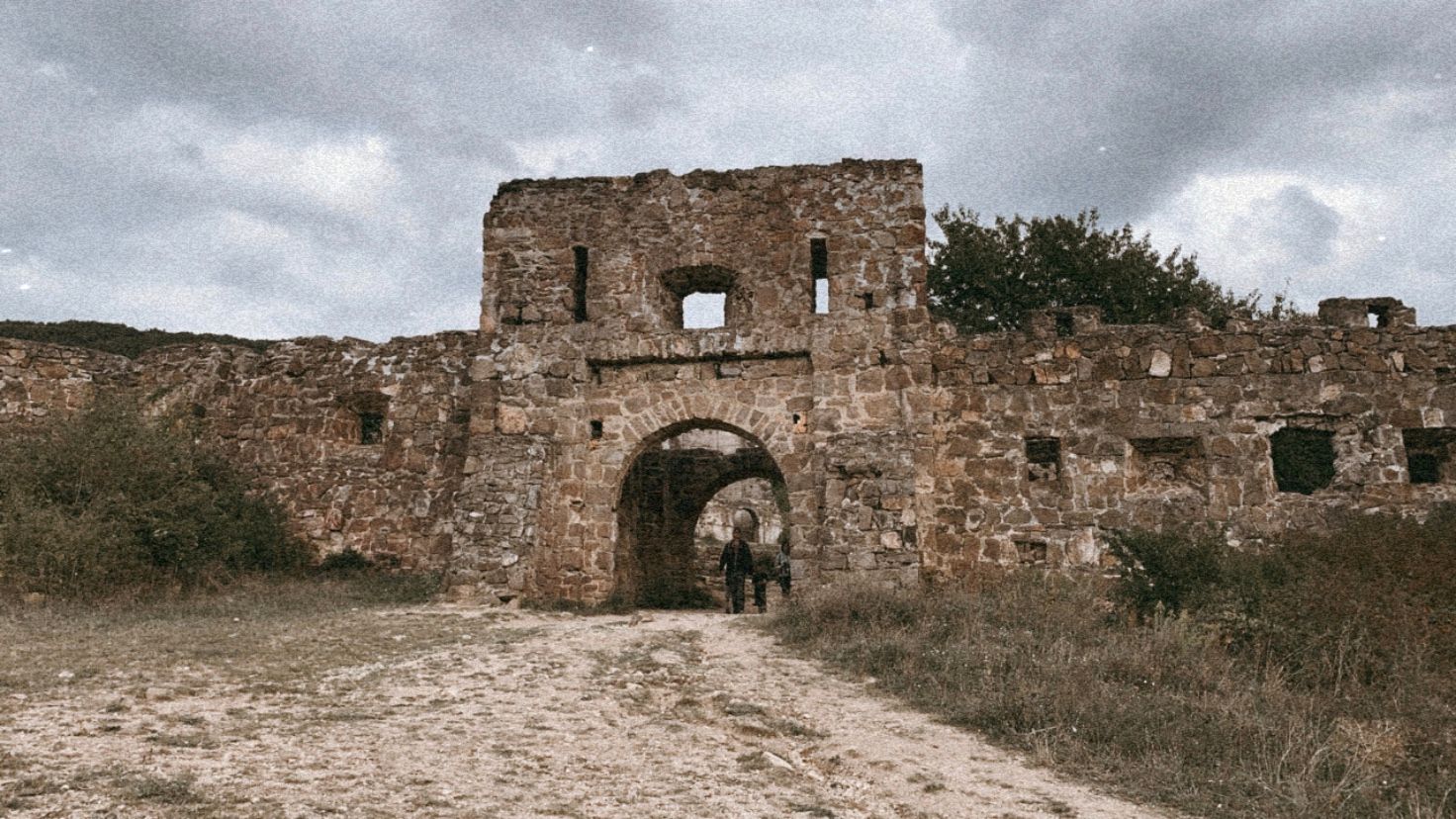
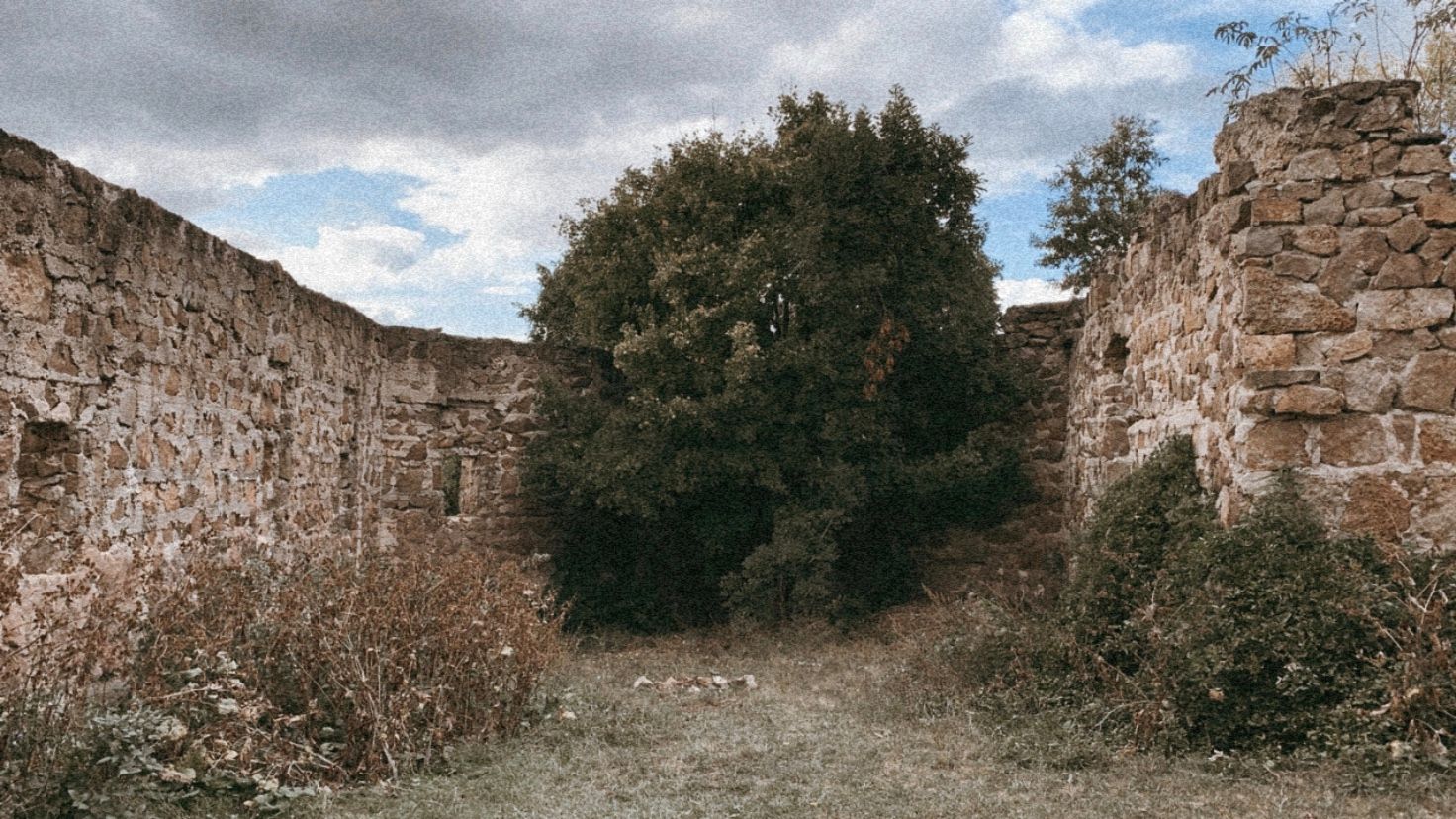
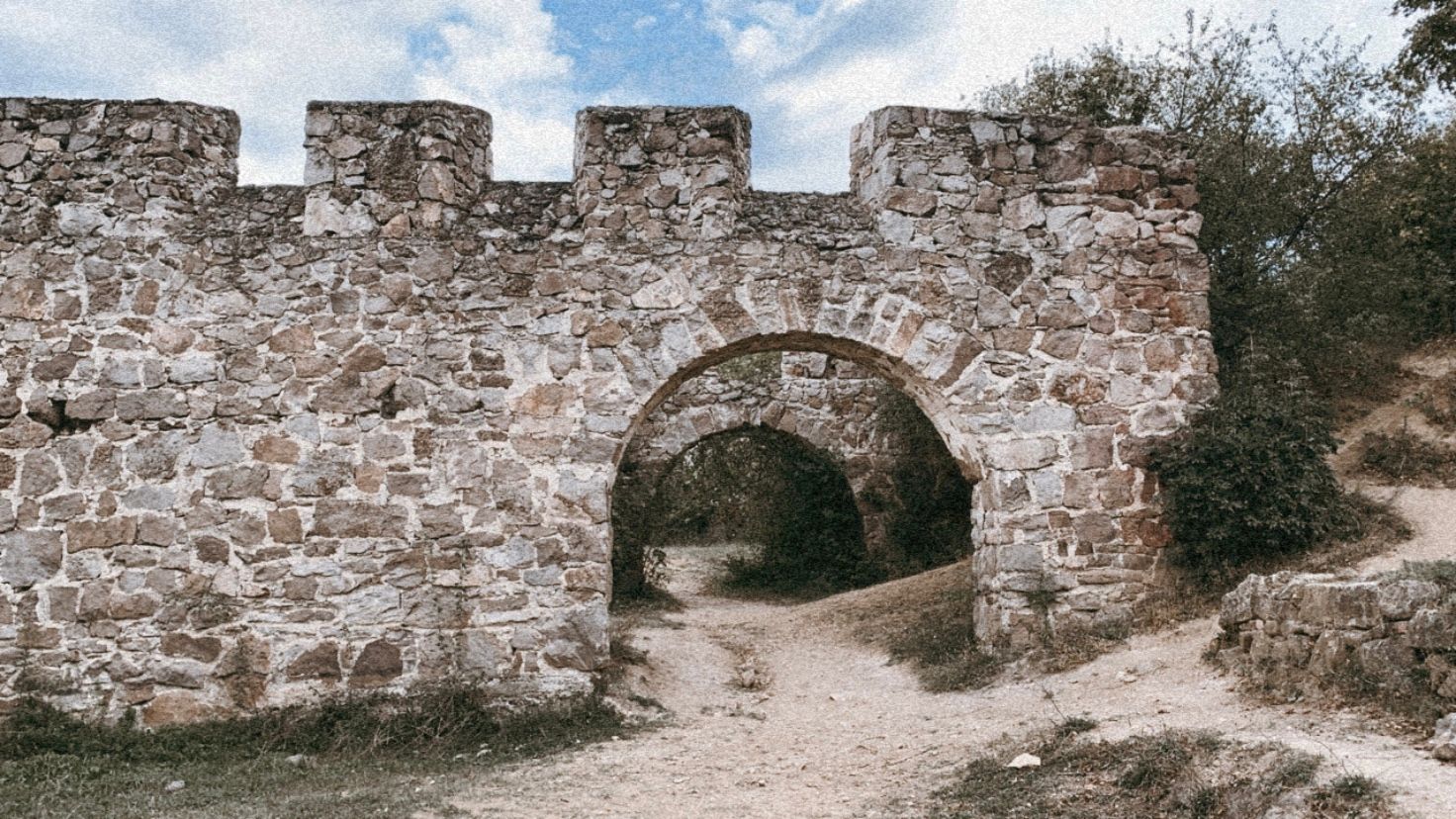
Moving forward from the castle on the wide dirt road we can find many additional curiosities. After a short walk, we arrive at the Teve-szikla (Camel Rock), named after its shape, where we get to experience a truly Wild West feeling: the reddish rock towers, vertical cliffs and the cavities in them offer an unmatched view – we instantly note that this is a place we must return to later on!
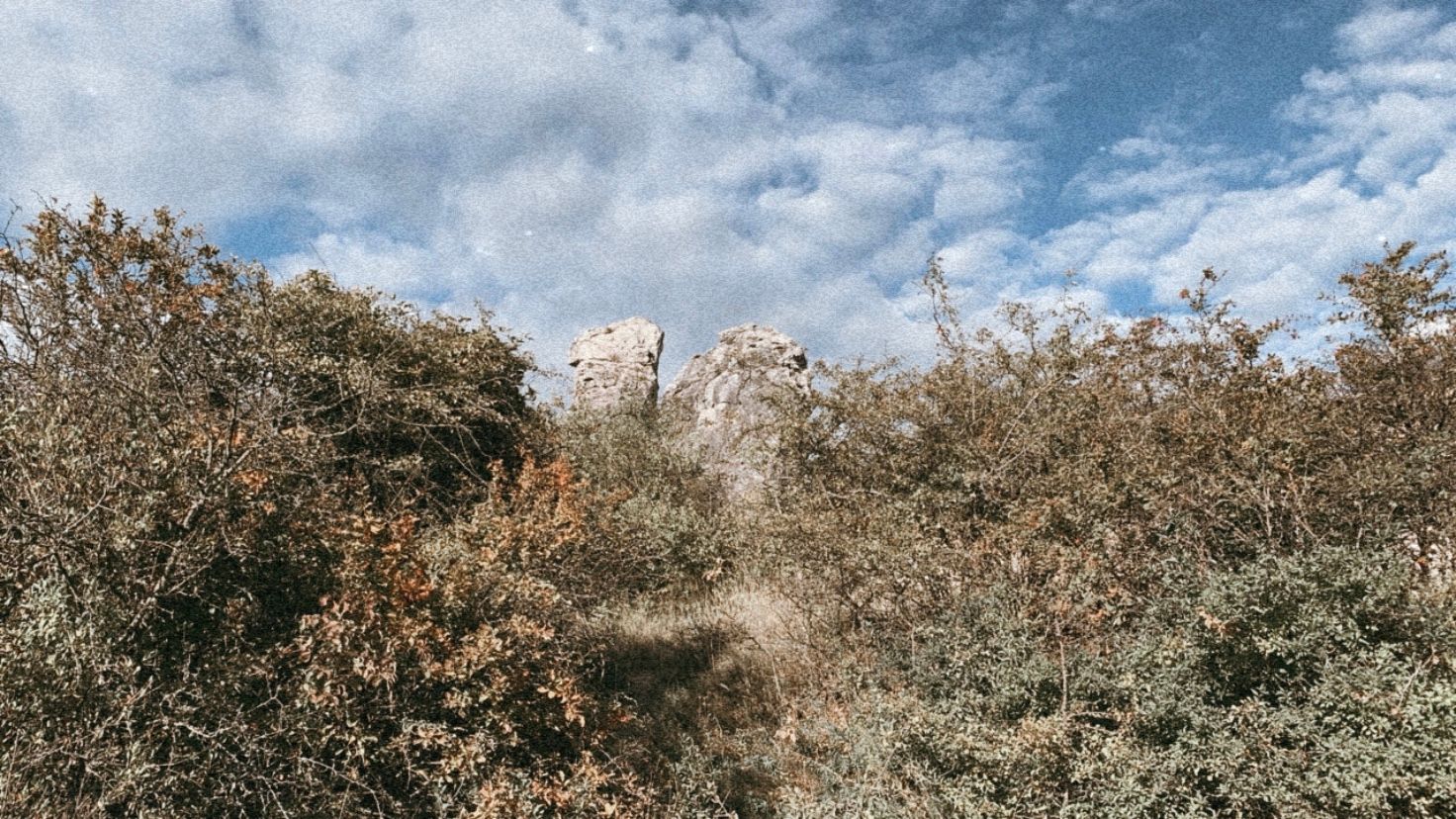
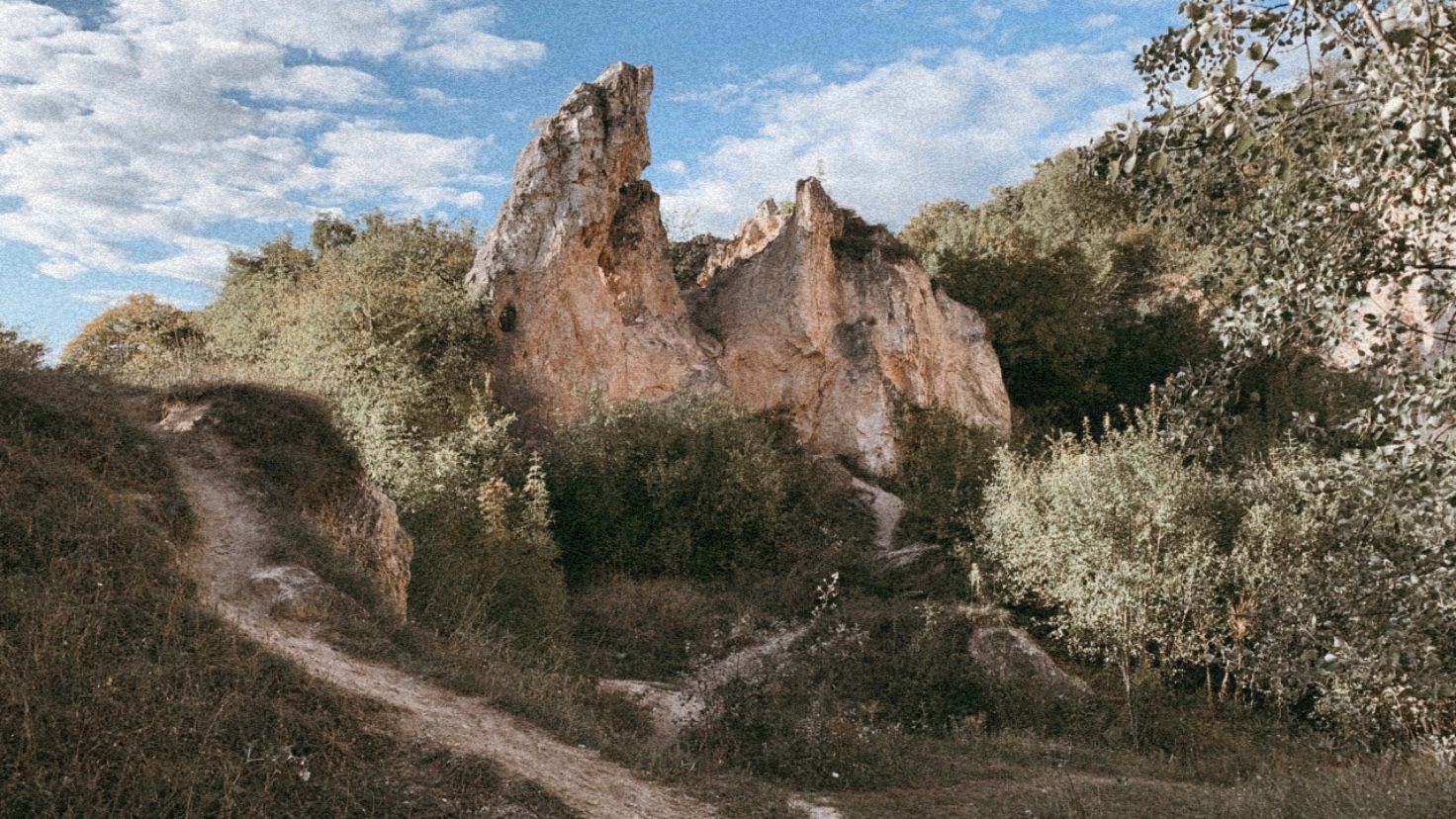
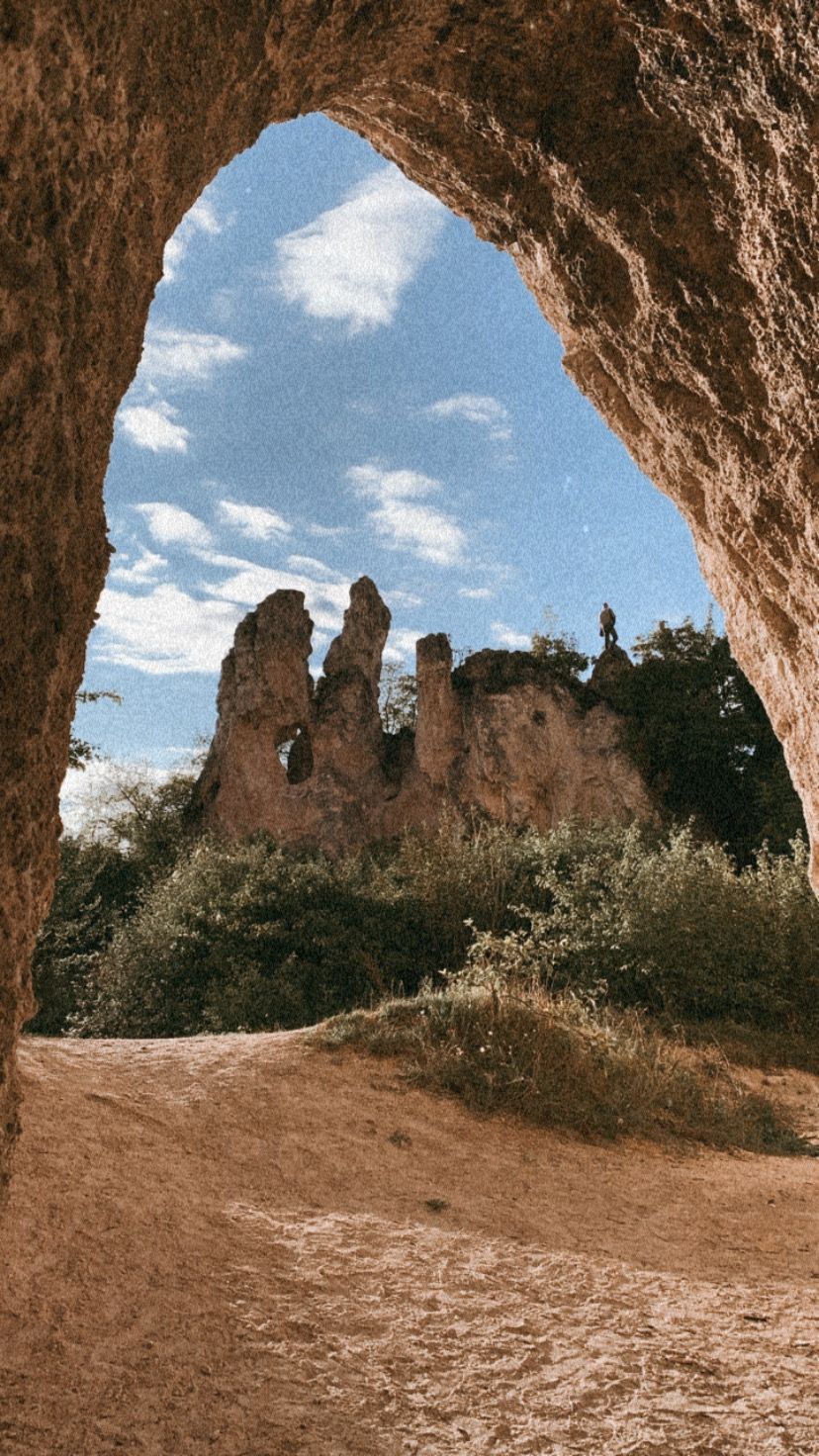
Petra Hoffmann, the founder of Stilblog and Stilshop as well as the author of the Makers of Budapest publication moved to Pilisborosjenő with her parents twenty years ago, therefore, this time we asked her about the impacts the village had on her and the things she takes back to Budapest from here.
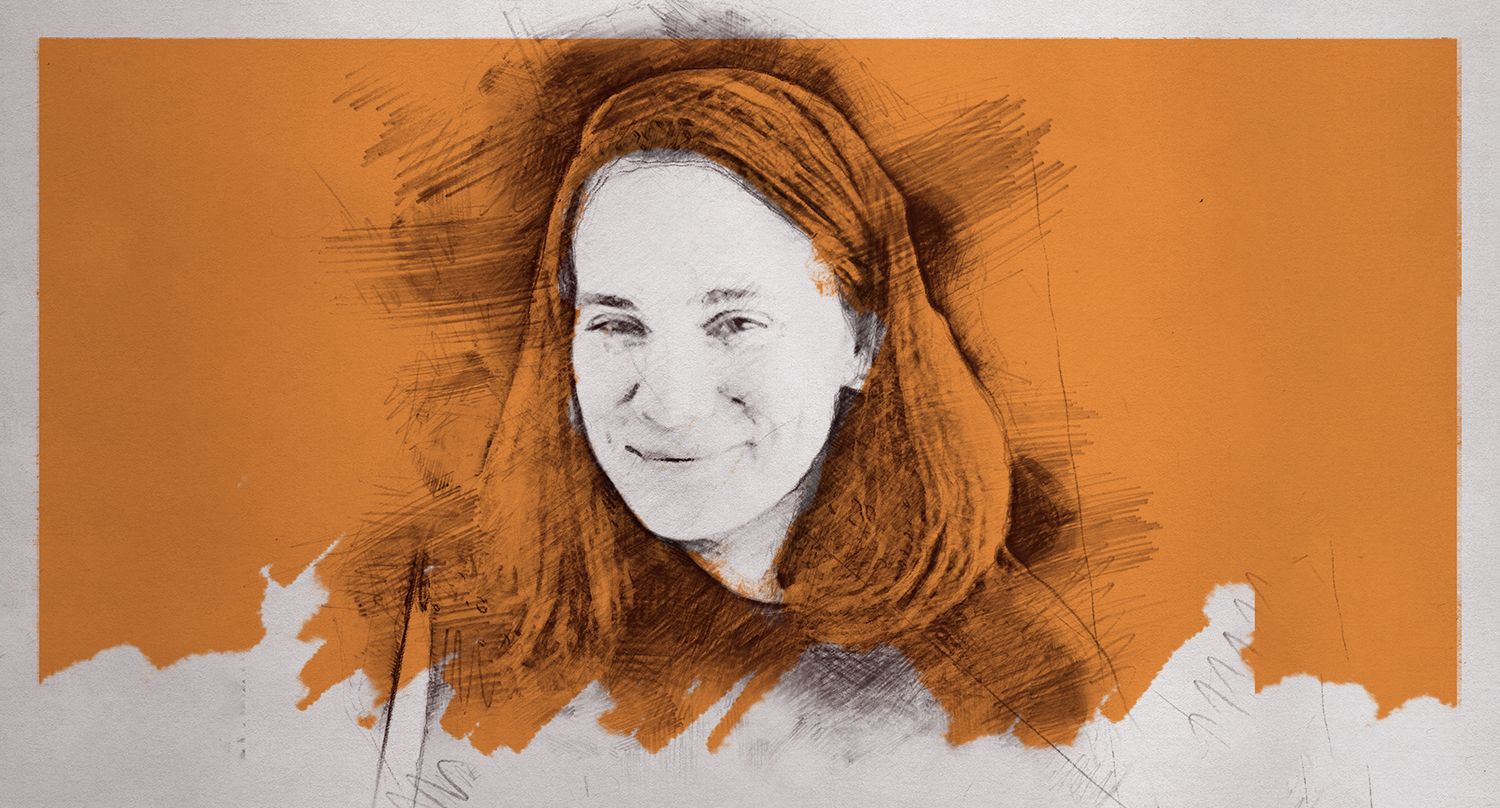
“One can get to the first village in the Pilis Mountain, Pilisborosjenő in only thirty minutes from the capital. Its peculiarity lies in its spectacular location, natural qualities and the fact that it can only be accessed from one direction – it’s a clean and quiet hiking destination, offering diverse experiences. Me and my parents moved here twenty years ago. My parents still live here to my greatest pleasure, which means that every family lunch, visit and summer day spent here is like a small excursion for me: time slows down, I take deeper breaths almost without realizing it, and wherever I look, I see marvelous views. One can get to Teve-szikla, to the »castle of Eger«, the slag mine, the horse farm and the lavender fields from the bus station via a comfortable walk in the forest. If you’re looking for a bigger hike, after climbing Nagy-Kevély, you’ll have beneath your feet the entire capital and the Pilis, the heart chakra of Earth – of course we are joking when we call it that, yet undoubtedly every minute spent here calms you and helps you recharge. Life is slower and human relationships are friendlier and more intimate in a village with four thousand people than in the capital, and this supportive openness also defines the everydays of the village. The friendly atmosphere and the therapeutic time spent in nature are of a special value to me, which I try to take back to my everyday life in Budapest, too.”
Photos: Lili Farkas-Zentai
Portrait: Milán Rácmolnár
Illustration: Róbert Farkas
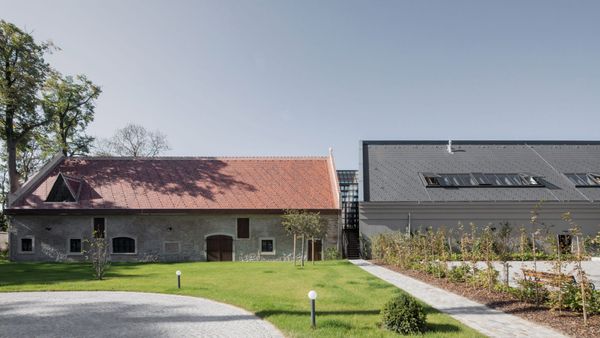
As little design as possible | Clemens Strobl winery

iPhone: back to the roots
